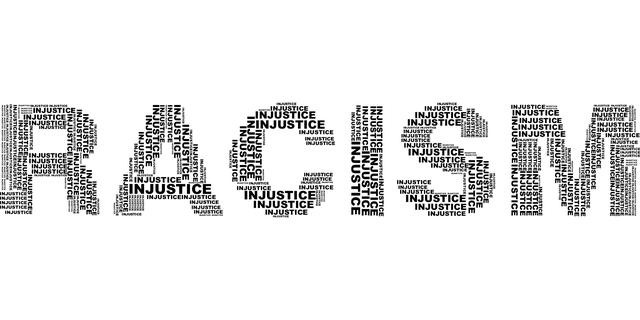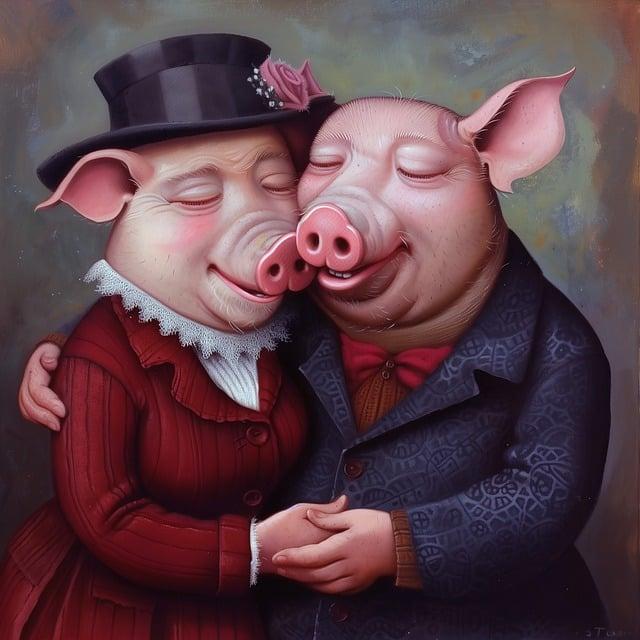Have you ever wondered if your voice reveals more about you than you realize? In the documentary “Do I Sound Gay: Exploring Voice and Identity”, filmmaker David Thorpe delves into the intricacies of voice and its connection to identity, specifically within the LGBTQ+ community. This thought-provoking exploration delves into the stereotypes and societal expectations surrounding the way we speak, challenging viewers to consider how their own voice may shape perceptions of who they are. Join us as we explore the complexities of voice and identity in this captivating documentary.
The Link Between Voice and Identity
Our voices are a fundamental aspect of who we are as individuals, intricately tied to our sense of self and identity. The way we speak, the intonations we use, and the words we choose all contribute to how others perceive us and how we see ourselves. Just as our physical characteristics help shape our identity, our vocal characteristics play a crucial role in expressing who we are.
Our voice also carries cultural and regional markers, reflecting our upbringing and background. Accents, dialects, and speech patterns can all reveal aspects of our identity, including our ethnic background, geographic origins, and social class. The way we communicate through our voice helps to connect us to our roots and communicate our belonging to particular communities. Embracing our unique vocal qualities can empower us to authentically express our identity and connect with others on a deeper level.

Understanding the Impact of Stereotypes
Stereotypes are deeply ingrained societal beliefs about particular groups of people that can often lead to discrimination and prejudice. It is important to recognize that stereotypes can have a profound impact on individuals and communities. They can influence how people are perceived, treated, and even how they see themselves. Stereotypes can also shape our expectations and behaviors towards others, creating barriers to genuine understanding and connection.
By becoming aware of stereotypes and the harm they can cause, we can work towards breaking down these barriers and promoting empathy and inclusivity. It is important to challenge stereotypes and question their validity, while also acknowledging our own biases and prejudices. Engaging in open and honest conversations about stereotypes can help foster a more accepting and supportive environment for everyone. Together, we can strive to create a world where individuals are valued for who they truly are, rather than judged based on preconceived notions.

Embracing Authenticity in Voice and Expression
When it comes to communicating authentically, it’s important to let your true voice shine through. By embracing your unique way of expressing yourself, you can connect with others in a genuine and meaningful way. Whether it’s through writing, speaking, or any other form of communication, being true to yourself is key.
One way to embrace authenticity in your voice and expression is to let go of any self-doubt or fear of judgement. Remember that your thoughts and feelings are valid, and expressing them authentically can lead to deeper connections with those around you. By staying true to yourself and speaking from the heart, you can truly make an impact and create lasting relationships.

Strategies for Developing Confidence in Speech
If you want to become a more confident speaker, there are several strategies you can implement to help boost your confidence. First and foremost, practice is key. The more you practice speaking in front of others, the more comfortable and confident you will become. Try joining a public speaking club or class to get regular practice and feedback.
Another helpful strategy is to focus on your body language. Standing tall, making eye contact, and using hand gestures can all help convey confidence to your audience. Additionally, remember to speak slowly and clearly, as rushing through your words can make you appear nervous. Lastly, remember to breathe and take pauses when needed to collect your thoughts. By incorporating these strategies into your speech preparation and delivery, you can develop the confidence needed to speak effectively in any setting.

Exploring the Intersection of Gender and Voice
In the realm of voice and gender, there exists a fascinating interplay that extends far beyond mere vocal cords. The way in which gender impacts a person’s voice is a complex and multifaceted phenomenon that encompasses social, biological, and cultural factors. It goes beyond pitch alone, delving into nuances such as intonation, resonance, and even the words we choose to use.
One of the key aspects to consider when exploring this intersection is the societal expectations and stereotypes that surround gender and voice. From childhood, boys are often taught to speak assertively and confidently, while girls are encouraged to be more nurturing and soft-spoken. These early conditioning can significantly shape how individuals perceive and use their voices as they grow older. Additionally, biological factors such as hormones can also play a role in determining vocal characteristics, further underscoring the intricate relationship between gender and voice.
Frequently Asked Questions
Q: What is the connection between voice and identity?
A: Voice plays a significant role in shaping one’s identity, as it is often used to convey personality, emotions, and social status.
Q: How does the documentary “Do I Sound Gay” explore the relationship between voice and identity?
A: The documentary follows a man as he explores his voice and how it relates to his perceived sexual orientation and identity within the LGBTQ+ community.
Q: Can a person’s voice be a determining factor in how they are perceived by others?
A: Yes, a person’s voice can influence how they are perceived by others, as stereotypes and prejudices may be attached to certain vocal characteristics.
Q: Is it possible to change the way one’s voice sounds?
A: It is possible to work on changing the way one’s voice sounds through voice training and therapy, but it may also involve embracing and accepting one’s natural voice.
Q: How can individuals overcome self-consciousness about their voice?
A: By understanding that there is diversity in vocal characteristics and that one’s voice is a unique part of their identity, individuals can begin to overcome self-consciousness about their voice. In conclusion, “Do I Sound Gay: Exploring Voice and Identity” sheds light on the complexities of how our voice can shape our identity.


